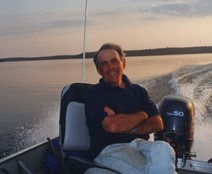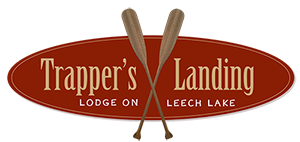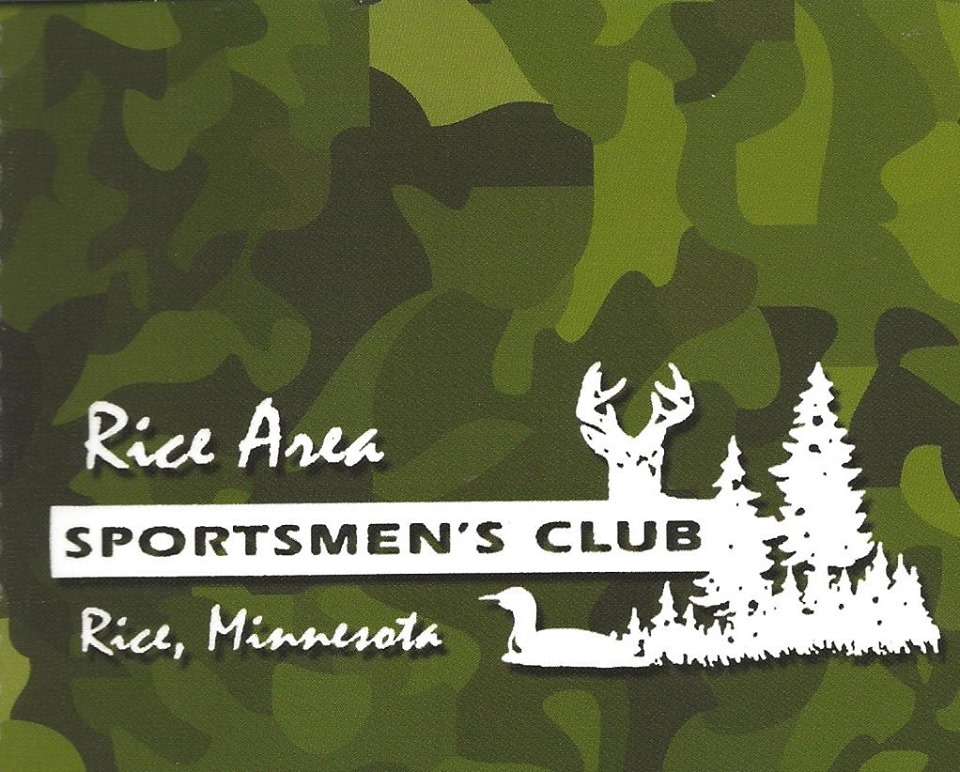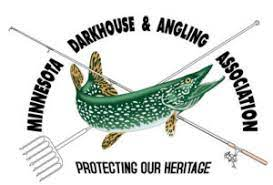You’ll find more than just fishing celebrities in this list. One can make a significant impact
on the lives of many without ever being well known. It is important to honor all of
those who had a great influence on the great sport of fishing, whether famous or not.
Corporate advances tend to be much more visible to us. For it’s their products that
shape the evolution of the sport of fishing.
Those We Honor
Sort & Search

Bob Lessard
Inducted 2000
Bob Lessard served in the Minnesota senate for 26 years. Known as “The Old Trapper,” DFLer Lessard was loved in the Legislature by the NRA and tapped by George W. Bush to introduce him while campaigning in Duluth, Minnesota in 2000. Lessard also twice successfully championed amendments to the state constitution, perhaps a Minnesota record.
Sometimes reviled by liberal metro legislators, Lessard is a skilled outdoorsman and longtime fishing-camp operator who quite literally knows how to skin a cat many different ways. Often underestimated, in the manner of a sly fox, he learned early the value of political leverage. “In high school, I skipped one day of school a week in spring to fish,” he said. ” One day, I was on Rainy Lake and had one of our cheerleaders in my boat. We arrived at a favorite fishing spot, and there, fishing, were the superintendent and principal. They had been on me about skipping school, but they were there, too, skipping themselves. I kept my mouth shut, and they never said a word to me after that about skipping. I had ’em.”
Retired Vikings coach Bud Grant has been a hunting and fishing partner of Lessard’s since the 1960s. “He’s different, I’ll say that,” Grant said. “But he’s totally honest. As a Legislator, he didn’t steal and he never lied. If you were a constituent of his and wanted to talk, he’d give you his total attention. His integrity is beyond question.”
Famous for his walleye-fry fund-raisers, Lessard some years ago was serving fish to 200 or more supporters in Bloomington, Minnesota when he saw a pretty woman across the room. Single at the time, the Senator walked over to introduce himself. “Hi, I’m Bob Lessard, thanks for coming,” he said. “And who are you?” The woman sighed, and said, “Bob, I’m your ex-wife.” “I hadn’t seen her in a while, and guess I didn’t recognize her,” Lessard said.
“I graduated from high school in ’49, went in the Army in ’50 and got out in ’54,” he said. Not long afterward, he bought his first resort, Spawn Inlet, on Rainy Lake. “The camp owner could have sold it to another guy for more money, but he had promised to sell it to me for $8,500, and he did,” Lessard said. “That’s where I first learned the value of a handshake.” Lessard later would manage Great Bear Lodge on Great Bear Lake, in the Canadian Arctic.
“It was later, in 1974, that I first ran for office,” he said. “I ran against Irv Anderson, who at the time was majority leader of the House. The federal government was trying to put the Bigfork River into the Wild and Scenic Rivers program, and I opposed it. I didn’t want to run for office. But when I found out Irv favored the deal, I ran. I lost by 17 votes.”
In 1976, Lessard ran for the Senate, was elected, and never was defeated again. His last term, he was elected as an independent, leaving the DFL, which for him had grown too liberal. His campaigning style was unique. “I’d ride in a lot of parades in the summer,” he said. “I had a friend with a bucket truck — you know, the type with a bucket on the end of a long boom, like electricians use to fix street lamps. “I’d get into the bucket with a rod and reel, and he’d lift me straight up. That’s where I’d ride the length of the parade, casting my line one direction, then another. A sign on the truck said, ‘Bob Lessard for Senate.”’
“The thing that kept me going during my 26 years in the Senate was protecting the rights of people who made Minnesota the state it is,” Lessard said. “The federal government, and sometimes the state, too often come in and say, ‘We know best.’ But hunters and fishermen have been stewards of the environment forever, and protecting their rights is important.”
In 1998, 77 percent of Minnesota voters approved a constitutional amendment guaranteeing them the right to hunt, fish and trap. Lessard was among those fundamentally responsible for placing the amendment on the ballot. “I knew Minnesotans would approve it, if given the chance,” he said. He similarly believed Minnesotans would approve a constitutional amendment to dedicate a portion of the state sales tax to conservation. “They did,” he said. “This is still Minnesota. Fishing, hunting and conservation is what we do.”












